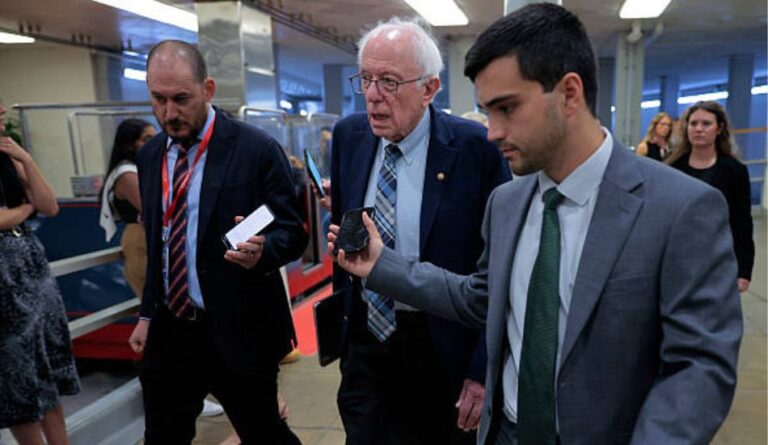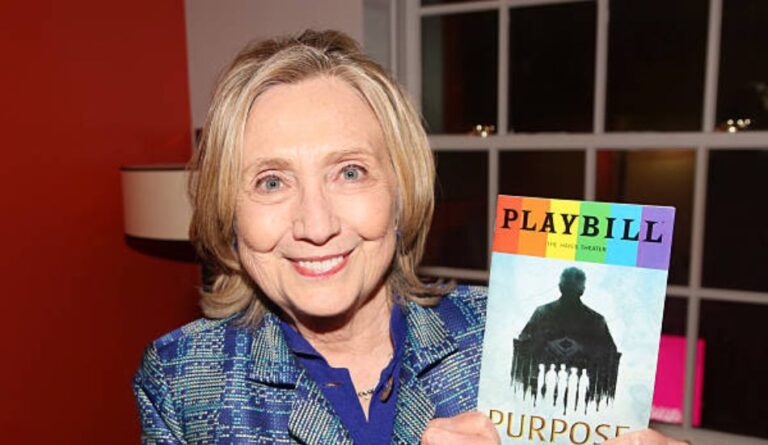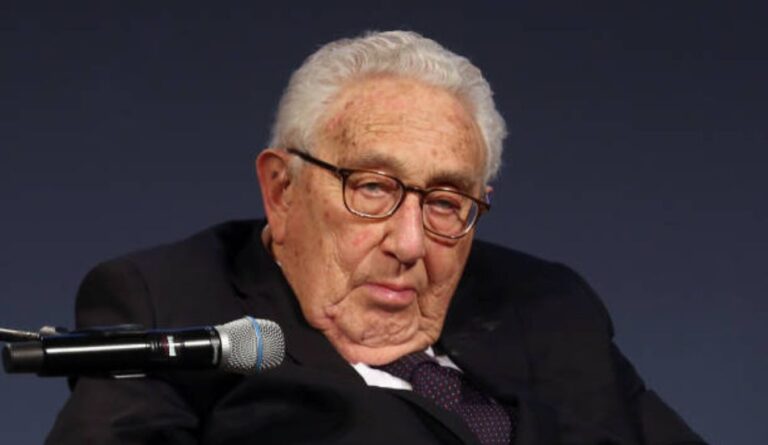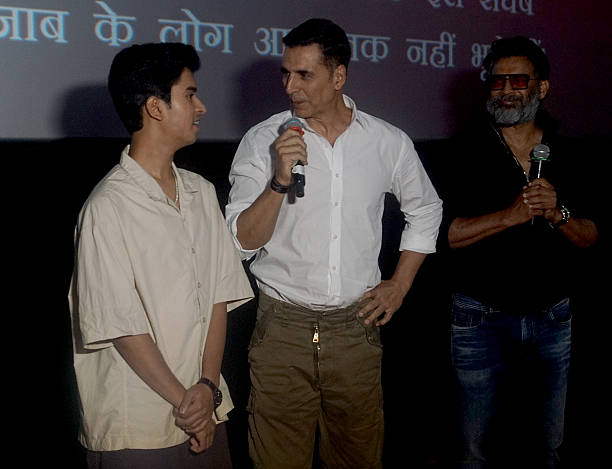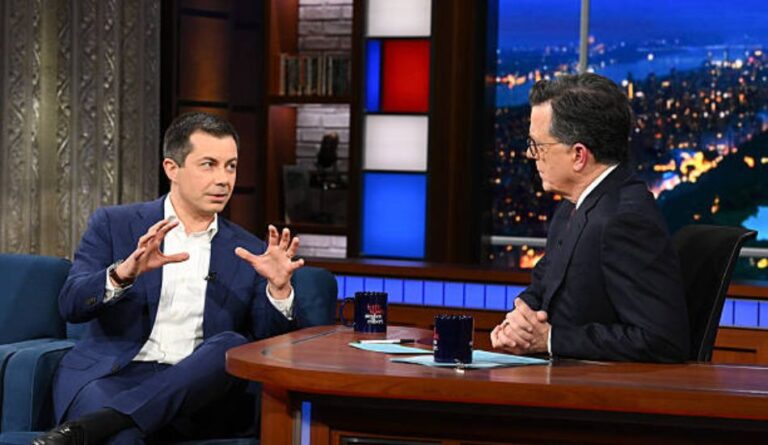Gus Walz: The Emotional Story Behind Tim Walz Son and His Inspiring Impact
Introduction
In the fast-paced, often impersonal world of American politics, there are rare moments that break through the noise and remind us of the deeper human stories behind public figures. One such moment occurred in 2024, when a young voice cut through the crowd during the Democratic National Convention: “That’s my dad Tim Walz!”
The voice belonged to Gus Walz, the teenage son of Minnesota Governor Tim Walz, who had just been nominated for vice president of the United States. As cameras captured Gus with tears in his eyes and pride on his face, the world took notice. But what many didn’t initially know was that this teenager’s emotional expression carried even greater significance — Gus Walz is neurodivergent and has faced challenges that many families across the country can deeply relate to.
This article delves deep into who Gus Walz is, his age, background, disability, key public moments, and why his story resonates so powerfully today.
Who is Tim Walz’s Son?
Gus Walz, born in October 2006, is the youngest child of Governor Tim Walz and First Lady Gwen Walz. As of August 2025, Gus is 18 years old, stepping into adulthood just a year after his father became one of the most talked-about political figures of the 2024 election cycle.
The Walz family has long been in the public eye, but they’ve also kept a respectful boundary around their private lives — until Gus became a poignant, and in many ways accidental, symbol of inclusion and empathy during a key political moment in U.S. history.
Gus has one older sibling, a sister named Hope Walz, born in January 2001, who has also occasionally appeared at public events but remains relatively out of the media spotlight.
Understanding Gus Walz’s Disability and Neurodivergence
Gus Walz has been publicly diagnosed with:
Nonverbal Learning Disorder (NVLD)
Attention-Deficit/Hyperactivity Disorder (ADHD)
Anxiety Disorder
Despite what the term might suggest, Nonverbal Learning Disorder does not mean a person is non-speaking. In fact, many individuals with NVLD are highly verbal but experience difficulty with visual-spatial awareness, social interactions, and motor coordination. These challenges often lead to heightened levels of anxiety, difficulty interpreting non-verbal cues, and struggles in environments that require quick social adaptation.
Tim and Gwen Walz have often described Gus’s neurodivergence as a kind of “secret power.” According to the family, Gus is exceptionally bright, deeply empathetic, and uniquely attuned to emotions in ways that most people overlook. In a heartfelt feature published by People Magazine, the family revealed how Gus’s neurodivergent perspective helps him notice “every detail” — from body language to emotional shifts in the people around him.
These qualities, while sometimes making daily life more challenging, have also endowed Gus with emotional intelligence that many who saw him at the DNC noted instantly.
What Was Said About Tim Walz’s Son at the DNC?
At the 2024 Democratic National Convention, Governor Tim Walz delivered a powerful speech accepting his nomination as the Democratic vice-presidential candidate alongside President Kamala Harris.
But the moment that captured hearts across the internet didn’t come from the stage. Instead, cameras caught Gus Walz in the audience, emotionally overwhelmed, yelling, “That’s my dad!” while crying tears of pride. The video clip spread rapidly across social media, drawing both praise and criticism — but most notably, it sparked a nationwide conversation about disability representation, emotional expression, and the vulnerability of being neurodivergent in a judgmental world.
Disability advocates and neurodivergent individuals rallied behind Gus. Many saw the emotional display not as weakness, but as strength — a rare and beautiful expression of pride, love, and human connection in a world often cynical about public emotion.
Some online trolls and commentators, however, mocked or questioned Gus’s behavior, which disability experts swiftly condemned as ableist and harmful. As Salon magazine put it, the backlash revealed more about societal prejudice than about Gus himself.
Public and Community Reaction to Gus Walz’s Story
In the wake of the DNC moment, prominent disability activists and neurodivergent individuals spoke out in support of Gus and the Walz family.
Lauren Schrero, co-founder of the Nora Project — a nonprofit focused on disability inclusion — publicly praised the family, stating:
“Allowing Gus to fully show up — not hiding his emotions, not muting his personality — is a powerful statement in itself. It signals to other families: Your kid is enough.”
The story resonated with parents, educators, and young neurodivergent people across the country. For many, Gus became an unexpected — and very welcome — face of what inclusion, empathy, and authenticity can look like in real life.
Social media platforms like Reddit were filled with heartfelt comments, such as:
“His pride and admiration for his father were so overwhelming that it brought him to sob openly — and I cried right along with him.”
“That was the most human moment of the entire DNC. That’s love, that’s pride, that’s courage.”
For many Americans living with disabilities or raising neurodivergent children, Gus Walz’s public moment felt deeply personal — a mirror reflecting their own experiences, struggles, and quiet victories.
Gus Walz and the 2023 St. Paul Shooting Incident
Gus’s name made quieter headlines the year before the DNC, during an incident in January 2023 that demonstrated another facet of his character.
While attending volleyball practice at the Jimmy Lee Recreation Center in St. Paul, gunfire broke out in the vicinity. While Gus didn’t witness the shooting directly, he quickly helped younger children stay calm and find safety amid the chaos. His volleyball coach publicly commended him for his level-headed and empathetic response in a high-stress situation.
Governor Tim Walz later referenced this moment during the 2024 vice-presidential debate, highlighting how gun violence touches real families — even his own — and reinforcing his advocacy for sensible gun reform.
This incident, largely overshadowed by the DNC moment, actually offers crucial insight into Gus’s character: calm under pressure, protective of others, and empathetic in times of fear.
Life Outside the Spotlight
Despite recent media attention, Gus Walz remains, first and foremost, a teenager navigating school, friendships, and the transition into adulthood.
His family has worked to maintain a level of normalcy in his life. While supportive of his father’s political career, Gus has not been pushed into the spotlight — rather, he was genuinely excited and emotional when his father stepped into a historic political role.
Beyond politics, Gus is involved in sports (especially volleyball), enjoys music, and — like many teenagers — has a passion for gaming and storytelling. His family continues to advocate for mental health awareness, disability inclusion, and empathy-based parenting, using their platform to help shift public narratives around neurodivergence.
Tim Walz’s Daughter: Hope Walz
Though Gus has received more recent media attention, Hope Walz, born in 2001, is also a significant part of the family. She is older than Gus by five years and has occasionally appeared at official events. However, she maintains a more private life and is not involved in politics.
Hope is said to have a close bond with her brother and is supportive of the family’s advocacy around disability rights and education.
Why Gus Walz Matters — Far Beyond Politics
The story of Gus Walz transcends politics. It’s a story about visibility, vulnerability, and representation. In a culture that too often devalues emotional expression, especially in boys and men, Gus’s open display of love and pride became revolutionary.
In many ways, Gus represents a shift in the American consciousness — toward embracing mental health, neurodivergence, and authenticity in the public sphere. Whether or not his father remains in political office for years to come, the impact of that one moment — and the larger story behind it — will linger in the hearts of millions.
It’s also a reminder to families raising children with disabilities: You are not alone. There are stories of strength, of empathy, and of triumph — often in the very places we least expect to find them.
Final Thoughts
At JangoExpress.org, we believe in shedding light on the human side of politics and public life. The story of Gus Walz is one of courage, emotional honesty, and the power of being unapologetically oneself in a world that often misunderstands difference.
As more families continue to navigate the realities of learning disabilities, neurodivergence, and public scrutiny, stories like Gus’s provide comfort, validation, and hope.
His voice — “That’s my dad!” — continues to echo, not just in the walls of a convention center, but in the hearts of countless people who saw themselves in that moment.


